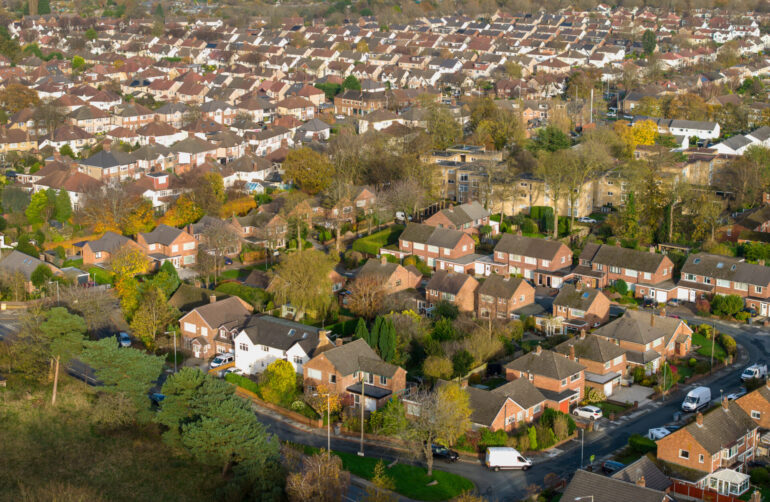HM Land Registry has published its UK House Price Index (HPI) summary for October 2024, revealing that the average property price reached £292,000 – a 3.4% annual increase.
This figure represented a £10,000 rise compared to the same month last year.
On a monthly basis, prices rose by 0.2% from September 2024 to October 2024 and by 0.5% when seasonally adjusted.
In terms of regional growth, house prices increased in England to £309,000 (3.0%), in Wales to £222,000 (4.0%), and in Scotland to £197,000 (5.5%).
Northern Ireland saw an increase with prices reaching £191,000 in the year to Q3 2024 (6.2%).
Among English regions, the North East experienced the highest annual house price inflation at 4.7%, while London recorded the lowest, with only a 0.2% increase over the year.
Rosie Hooper, chartered financial planner at Quilter Cheviot, said: “The latest UK House Price Index for October 2024 reveals that house prices have risen by 0.2% month-on-month, with annual growth standing at 3.4%, bringing the average UK property value to £292,000.
“We are now nearing the average property in the UK being over £300,000 which given the affordability pressures in the market is remarkable.
“January can often be a busy time in the housing world too as moves put off before Christmas are put into action with more buyers out looking at properties, so more house price increases are likely in the new year.
Hooper added: “However, this morning’s inflation data showed an uptick, underscoring persistent price pressures in the economy.
“With the Monetary Policy Committee set to meet on Thursday, expectations are that the Bank of England will hold interest rates steady, but further ahead, it is anticipated that there will be at least two 0.25% reductions in the base rate next year.
“These cuts could provide some much-needed relief for affordability, particularly for first-time buyers and those looking to remortgage.
“However, the flip side is this could increase demand in the market and therefore push prices up even higher in 2025.
She said: “This is especially true as the limited supply of housing stock remains a significant concern in the UK.
“Even with improvements in affordability due to lower rates, the persistent imbalance between supply and demand could continue to drive house prices higher, particularly in areas where demand is strongest.
She added: “First-time buyers remain particularly vulnerable.
“Still elevated inflation is eroding disposable incomes, while higher mortgage rates and stricter lending criteria are limiting options for those trying to step onto the property ladder.
“Although lower base rates next year may ease borrowing costs, affordability will still depend on broader economic stability and wage growth.”




